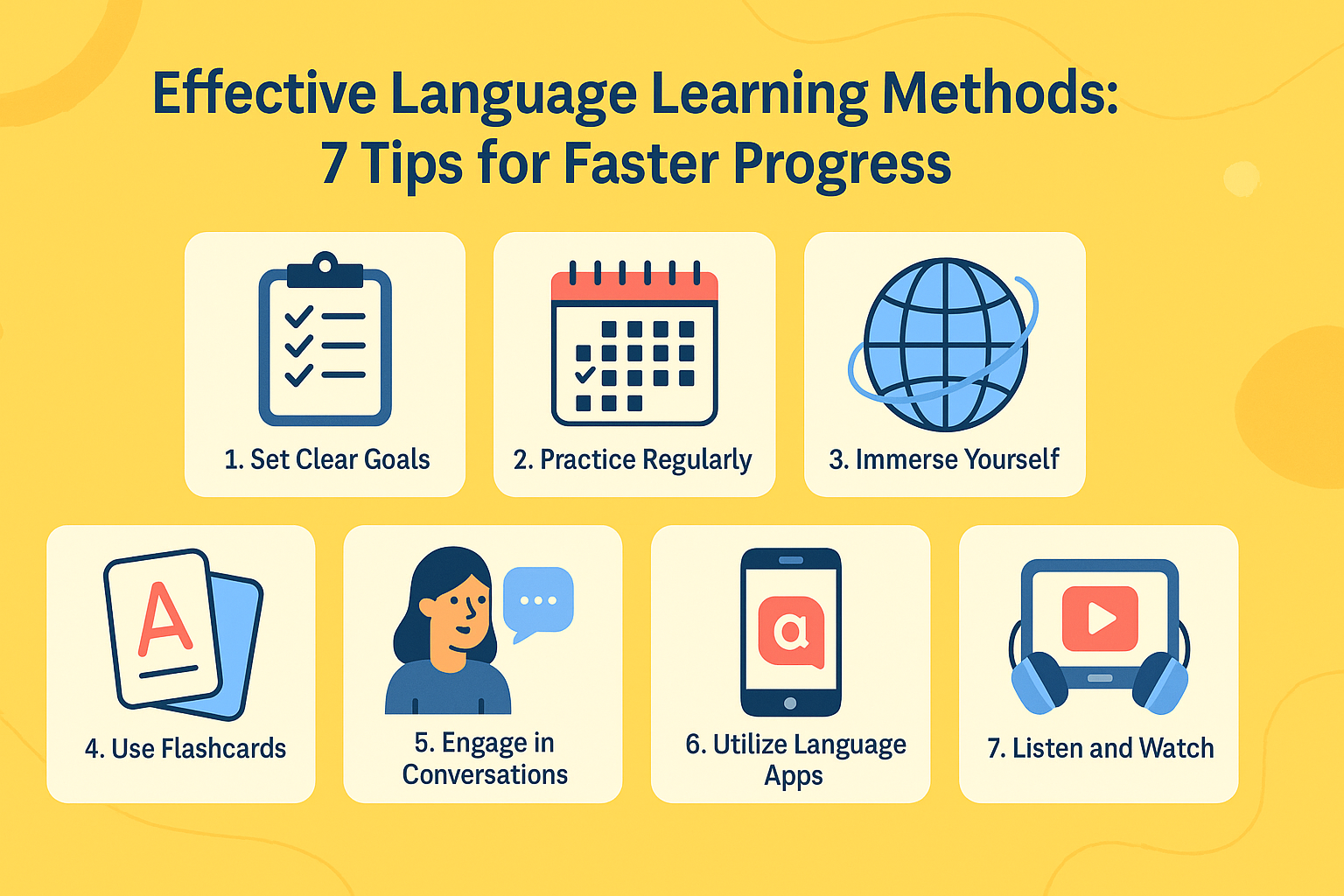Learning a new language is a fantastic way to expand your mind, connect with different cultures, and unlock new opportunities. But if you’re an English speaker wondering where to begin, starting with a language that shares similarities with English can make your journey easier and more enjoyable.
Here are the top 10 easiest languages for English speakers to learn, based on grammar, vocabulary, pronunciation, and overall accessibility:
1. Spanish
Why it’s easy:
- Phonetic spelling (words are pronounced as written)
- Simple grammar and verb conjugations
- Tons of learning resources and native speakers globally
Bonus: It’s incredibly useful across the Americas and Europe.
2. French
Why it’s easy:
- Shared Latin roots with English
- Many familiar words (due to Norman influence on English)
- Abundant online courses and tutors
Bonus: Spoken in over 25 countries worldwide.
3. Italian
Why it’s easy:
- Regular pronunciation and spelling
- Grammar rules that follow consistent patterns
- Rich cultural context through food, music, and art
Bonus: A beautiful and expressive language that feels musical to speak.
4. Dutch
Why it’s easy:
- Closely related to English (both Germanic languages)
- Simple sentence structure and many familiar words
- Clear pronunciation rules
Bonus: Great gateway to learning other Germanic languages.
5. Swedish
Why it’s easy:
- Similar sentence structure to English
- Logical grammar system
- Many English loanwords
Bonus: Understanding Swedish opens doors to learning Norwegian and Danish too.
6. Portuguese
Why it’s easy:
- Shares roots with Spanish and French
- Familiar verb structures and vocabulary
- Increasingly popular worldwide, especially Brazilian Portuguese
Bonus: A melodic language spoken in South America, Europe, and parts of Africa.
7. Norwegian
Why it’s easy:
- Very similar to English grammar and syntax
- Straightforward pronunciation and spelling
- Uses the Latin alphabet
Bonus: Spoken language is often more flexible than the written rules.
8. Afrikaans
Why it’s easy:
- Extremely simple grammar (no verb conjugation, no gender)
- Similar vocabulary to English due to Dutch roots
- Phonetically consistent
Bonus: Spoken widely in South Africa and Namibia, and easy to read and write.
9. Indonesian
Why it’s easy:
- No verb tenses, gender, or plurals
- Simple pronunciation and spelling
- Latin alphabet
Bonus: Ideal for learners who want to try something non-European but approachable.
10. Esperanto
Why it’s easy:
- Designed to be easy to learn
- Regular grammar and spelling
- Vocabulary drawn from multiple European languages
Bonus: A great confidence booster that strengthens your foundation for other languages.
Final Thoughts
These languages offer an excellent starting point for English speakers looking to pick up a second (or third!) language. While every learner is different, choosing a language with similarities to English can help you stay motivated, build confidence, and start speaking sooner.
Once you choose your language, the next step is finding the right tutor to guide you. Explore our marketplace to connect with experienced tutors in any of these languages and begin your language journey today!




Leave your comment